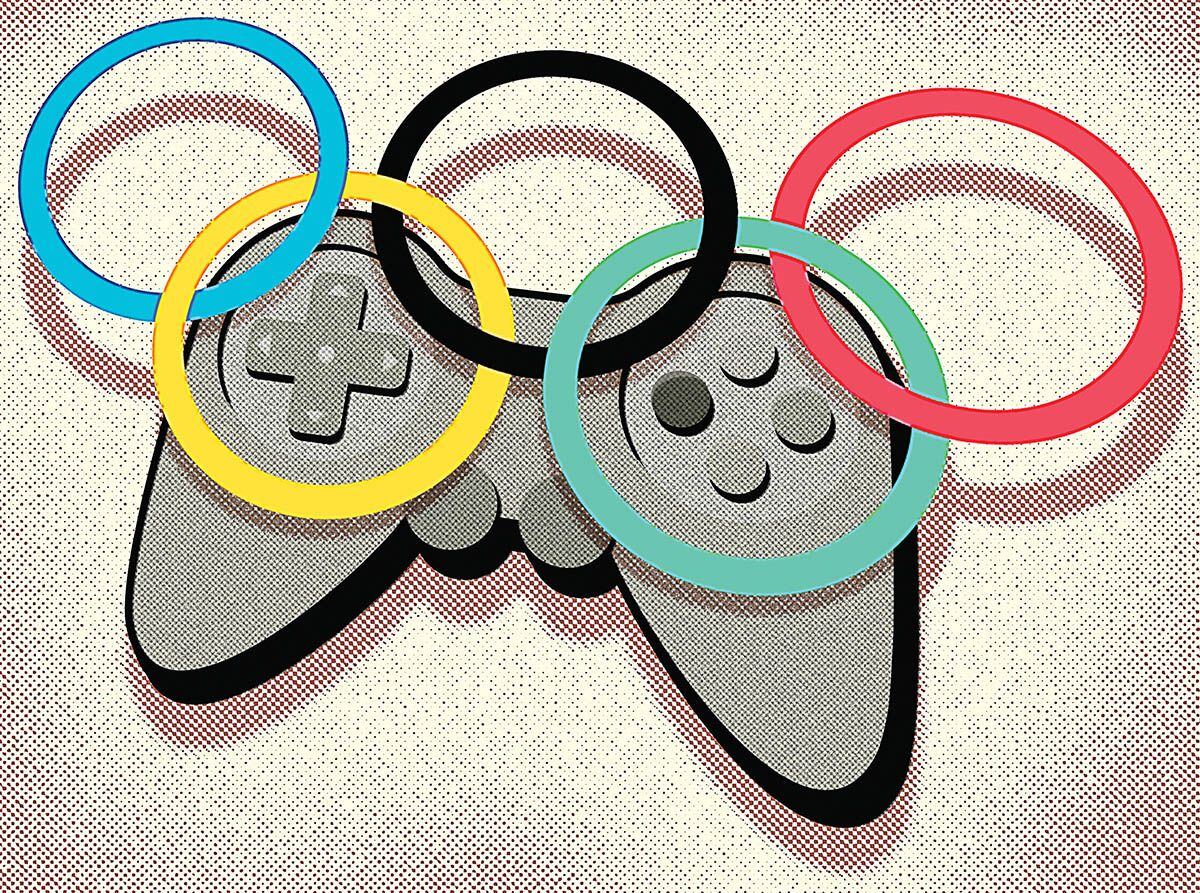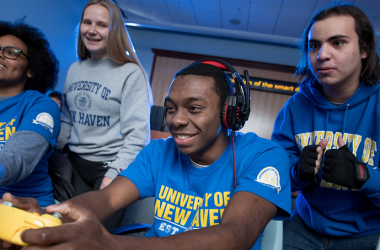In recent years, the global popularity of esports has surged to unprecedented heights, attracting millions of dedicated players and spectators alike. As a result, a significant debate has emerged regarding the inclusion of competitive gaming as an Olympic sport. While traditional sports have long dominated the Olympic stage, the rise of esports has prompted a reevaluation of what constitutes a legitimate athletic competition. This article delves into the ongoing discussion surrounding the possibility of integrating esports into the esteemed realm of the Olympic Games.
The Emergence of Esports:
Esports, short for electronic sports, refers to organized competitive video gaming, often played in multiplayer formats. What was once considered a niche hobby has blossomed into a multi-billion-dollar industry, boasting a global audience that rivals some of the most prominent traditional sports events. The competitive nature of esports, coupled with the remarkable skill and strategy displayed by professional gamers, has garnered widespread recognition and respect within the gaming community and beyond.
Challenges and Opportunities:
While the potential inclusion of esports in the Olympic Games has garnered significant interest, it also presents a series of challenges that need to be addressed. One key concern is the fundamental difference between physical sports and esports, raising questions about the criteria for defining athleticism. Advocates for esports argue that the mental dexterity, reflexes, and strategic thinking required in competitive gaming are on par with those demanded by traditional sports, warranting its recognition as a legitimate athletic pursuit.
Additionally, the digital nature of esports raises issues related to the fair play, standardization of equipment, and the prevalence of performance-enhancing technologies. Ensuring a level playing field and maintaining the integrity of the sport would require the implementation of stringent regulations and technological safeguards.
Integration into the Olympic Movement:
The International Olympic Committee (IOC) has shown a growing interest in the potential inclusion of esports, recognizing its immense global appeal and the demographic diversity it attracts. Several demonstration events and collaborations between the Olympic movement and the esports industry have taken place, signaling a willingness to explore the integration of esports into the Olympic program.
However, the road to Olympic recognition is paved with intricate challenges that require careful consideration and collaboration between the gaming community, sports organizations, and the IOC. Discussions regarding the selection of suitable game titles, the establishment of regulatory frameworks, and the preservation of the Olympic values of excellence, respect, and friendship are crucial aspects that need to be addressed to ensure a harmonious integration of esports into the Olympic movement.
The Future of Competitive Gaming:
As technology continues to advance and global interest in esports intensifies, the possibility of seeing competitive gaming as a fixture in future Olympic Games appears increasingly plausible. The integration of esports has the potential to attract a younger audience and diversify the demographic reach of the Olympic Games, fostering a dynamic and inclusive sporting environment that resonates with the digital generation.
Ultimately, the exploration of esports as an Olympic sport signifies the evolving nature of sports and the growing significance of technology in shaping the future of athletic competitions. As discussions persist and collaborations evolve, the journey toward recognizing esports on the Olympic stage embodies the fusion of tradition and innovation, marking a pivotal moment in the history of both sports and digital entertainment.





